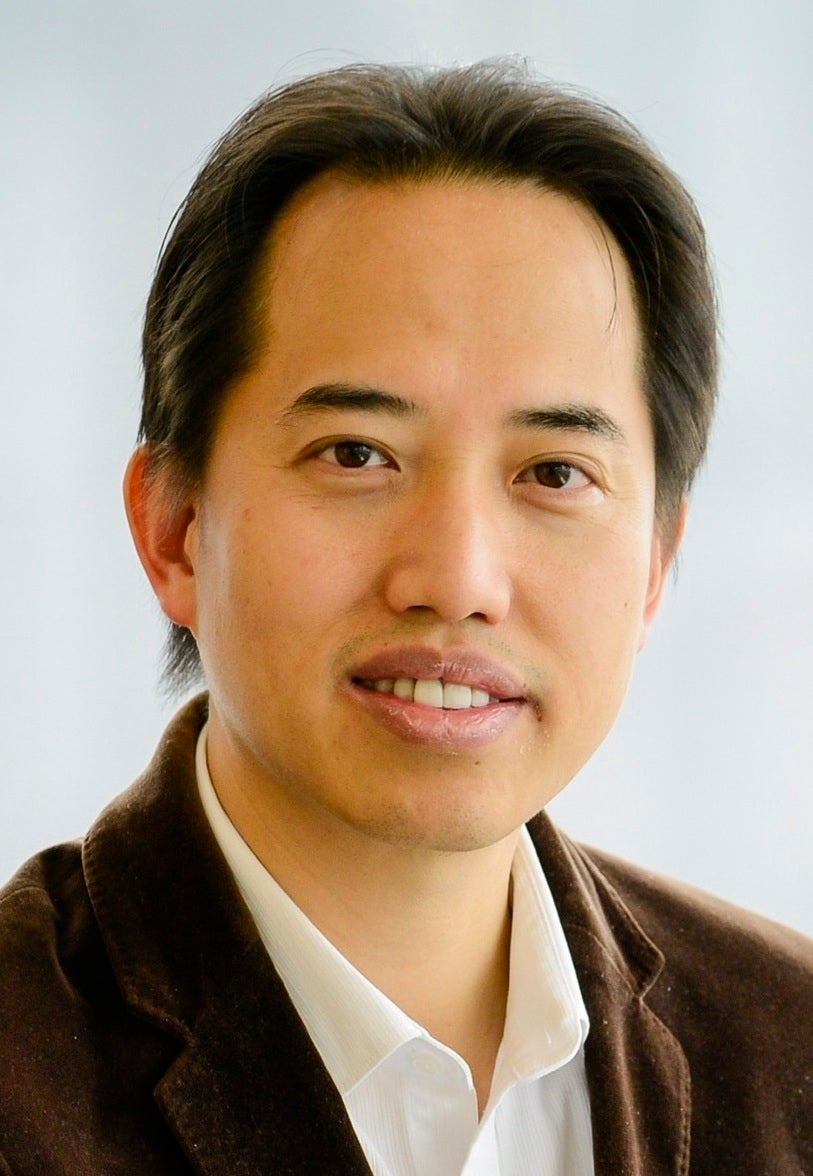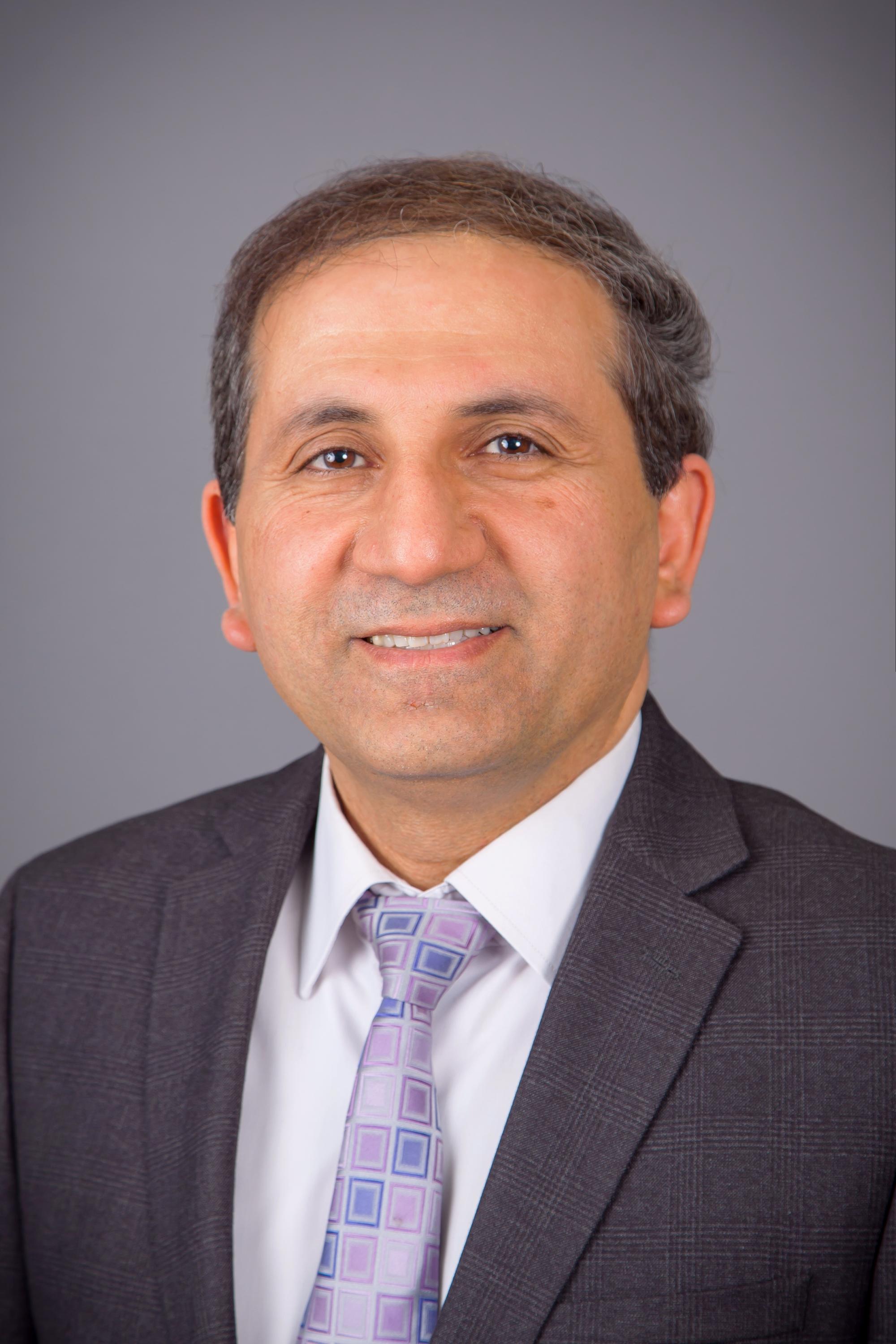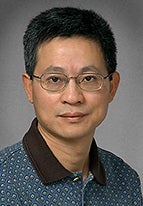Three researchers at Waterloo Engineering were recently named Canada Research Chairs (CRC) under a federal program designed to attract and retain some of the world’s most accomplished and promising minds.
Zhongwei Chen, Ehsan Toyserkani and Norman Zhou will each receive $1.4 million in funding over seven years through the Natural Sciences and Engineering Research Council (NSERC) of Canada, part of a $158-million commitment to researchers across the country.
They are among eight University of Waterloo researchers campus-wide announced as new or renewing chairs for research excellence in engineering and the natural sciences, health sciences, humanities and social sciences.

Zhongwei Chen
Chen, a chemical engineering professor and CRC in Advanced Materials for Clean Energy, is designing, developing and evaluating nanostructured materials for sustainable energy production and storage, including fuel cells, rechargeable metal-air batteries and lithium-ion batteries.
The council said his research will lead to clean energy technologies offering better performance and reliability, and lower costs, and could also speed the commercialization and adoption of electric vehicles.
“As a country, our challenge is to reduce our reliance on conventional fossil fuels,” it said. “By supporting the development of clean energy technologies, especially in the area of fuel cells and rechargeable battery systems, Chen’s research will play a critical role in addressing these challenges.”

Toyserkani, a professor of mechanical and mechatronics engineering and CRC in Multi-Scale Additive Manufacturing, is receiving funding for the development of intelligent controllers for use in laser-based metal 3D printing processes.
NSERC said his research team is combining the concept of intelligent mechatronics systems with additive manufacturing (AM) processes to improve reliability and repeatability in an area poised to change how things are made in the next decade.
“The next generation of intelligent AM machines will play an important role in the digital transformation of manufacturing, known as Industry 4.0,” the council said. “Toyserkani’s research will have applications in fields ranging from aerospace to tooling, biomedical, defense, energy and various industrial sectors.”

Norman Zhou
Zhou, also a mechanical and mechatronics professor and CRC in Advanced Materials Joining and Processing, is cited for making Canadian manufacturers more competitive, and training future engineers for the automotive, medical and electronics fields.
The council said his research team is tackling challenges related to the assembly and manufacture of 3D-printed nanomaterial devices, including medical implants and water treatment equipment.
“Their studies will support the development of innovation solutions and guidelines for reliable and cost-effective joining and processing technologies, which encompass many different materials (such as steel and nanomaterials), processing techniques (such as laser welding and electro-spark deposition) and applications,” it said.